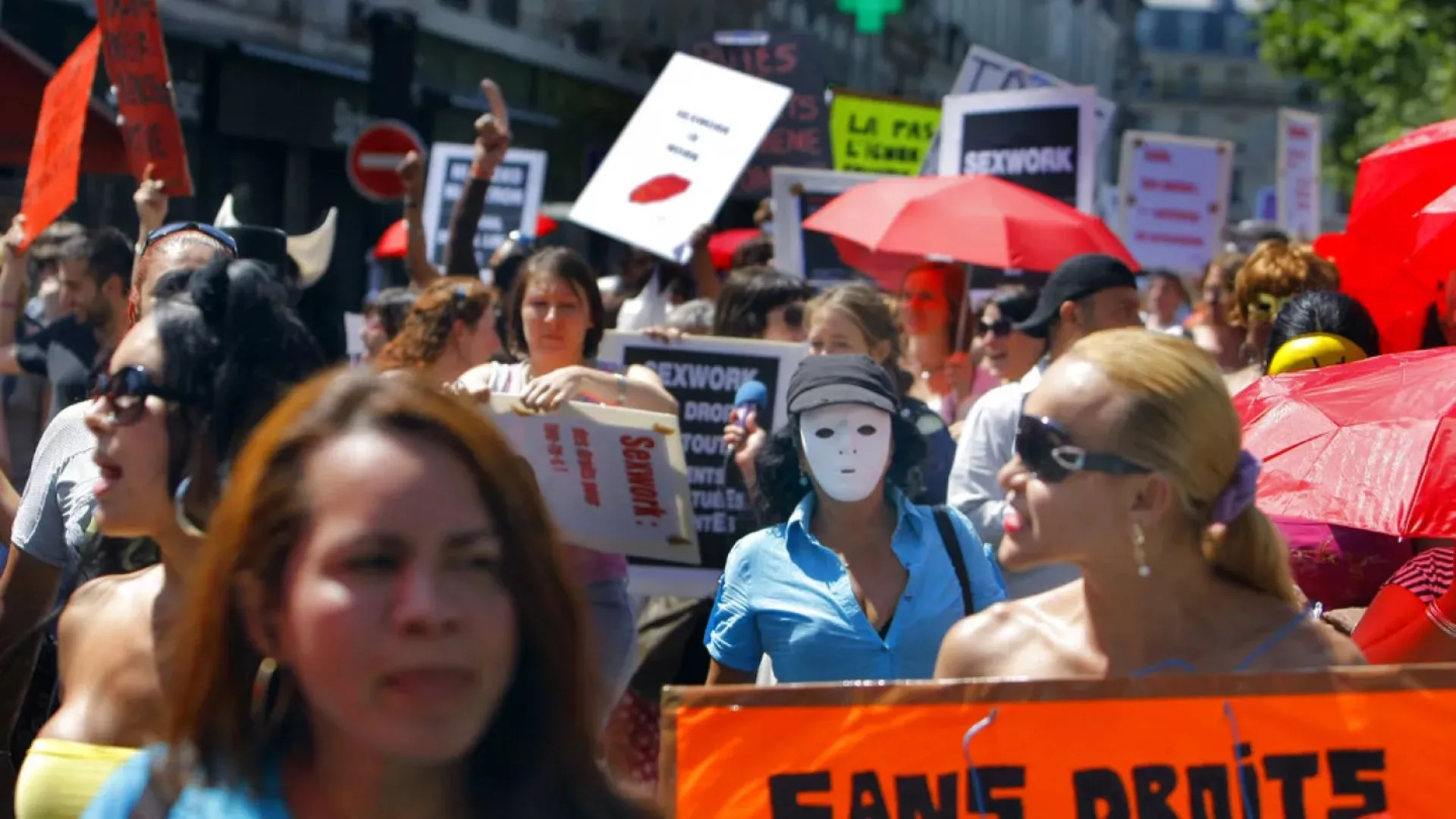Starting December 29, the Bombay High Court will implement new video conferencing rules for court hearings in Maharashtra, Goa, and the Union Territories of Daman and Diu, and Dadra and Nagar Haveli.
A notification was issued in the gazette on December 19, detailing the changes.
The new rules, titled the High Court of Bombay Rules for Video Conferencing for Courts 2022, aim to modernize judicial processes. They will apply to a wide range of courts and tribunals, including Family Courts, Labour Courts, Industrial Courts, Co-operative Courts, Motor Accident Claims Tribunals, and School Tribunals.
Under these rules, all video conferencing hearings will be officially recognized as judicial proceedings. Participants must submit valid government-issued ID proof via email or provide personal details if such documents are not readily available. Unauthorized recording of proceedings will be strictly prohibited to ensure security during remote hearings.
To facilitate smooth technical operations, designated coordinators will oversee technical aspects both at the court and remote locations. Participants are required to use desktops or laptops with stable internet connections.
Additionally, the rules mandate that remote hearings be conducted in facilities that ensure privacy. Coordinators will confirm that all technical systems are operational before hearings and ensure that participants are ready at least 30 minutes prior to the hearing. They will also make sure no unauthorized recording devices are present.
The new rules also accommodate witnesses located abroad or in custody. These individuals can testify via secure video links arranged by local authorities or Indian consulates.
To take part in a video conference hearing, parties must submit a request in a prescribed format, ideally after discussing it with the other involved parties. The court will then review the request and schedule the hearing accordingly. All relevant documents must be shared electronically in advance to ensure proper preparation.
The rules further extend to judicial remand procedures, framing of charges, examination of accused individuals, and proceedings under Section 164 of the Code of Criminal Procedure, all of which may be conducted via video conference.
However, judicial remand or police remand can only be granted through video conference in exceptional circumstances, with a written record of the justification.
In certain cases, the court may allow the examination of a witness or accused under Section 164 or record the statement of an accused under Section 313 of the Code of Criminal Procedure through video conference. This will be allowed only if proper safeguards are in place to prevent coercion, threats, or undue influence.
Finally, the costs associated with video conferencing, including technical expenses, will generally be borne by the party requesting the remote hearing unless the court directs otherwise.
Read More: SC Grants Time To Punjab Govt To Shift Fasting Farmer Leader To Hospital


















